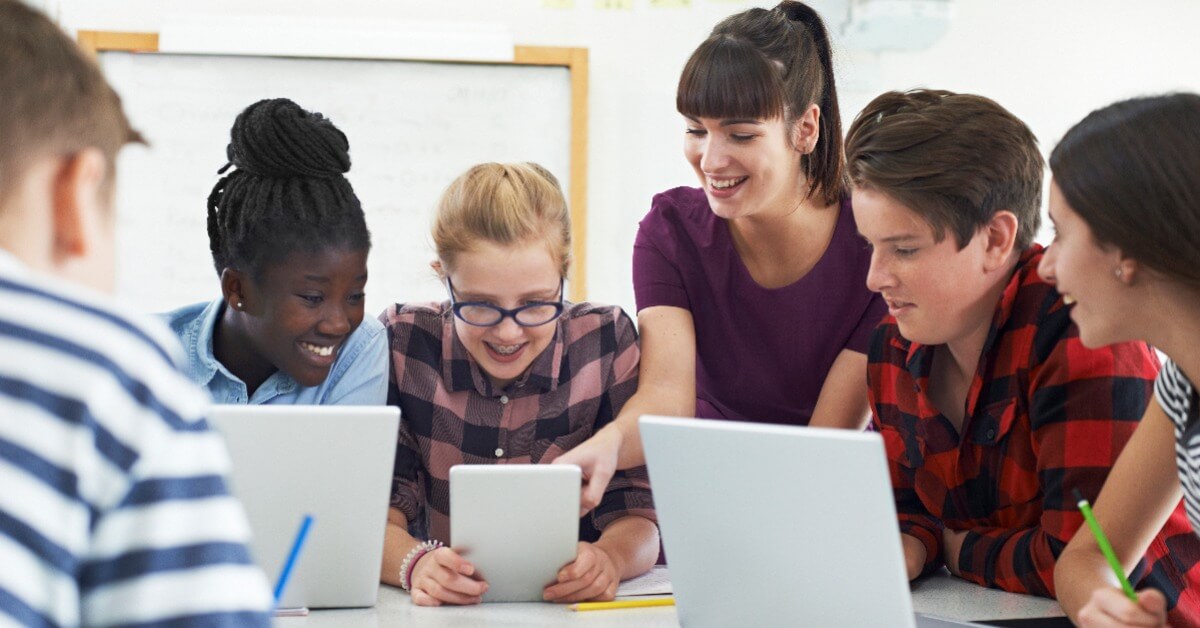
Education is timeless. Since 1635 when the first public school was opened, education has been a huge part of our lives and will continue to be in the future. Education has been revolutionized throughout time. Some trends are classics and will always be an integral part of education while others are just beginning. Check out some of the newest trends in education this year.
eLearning
- eLearning stands for Electronic Learning and in the midst of the COVID19 pandemic, it has skyrocketed in popularity.
- eLearning can offer a wide range of interactive ways to keep students connected and engaged.
- There are many ways ELearning can take place and there are a variety of terms often used to describe ELearning. Some of these are hybrid learning, remote learning, virtual learning, and online learning.
Personalized Learning
- Personalized Learning is a new approach in which students get a customized learning plan that is tailored to their own needs, strengths, and interests.
- Using personalized learning ensures that each student is able to work at his or her own skill level and pace.
- EdWeek says a goal of personalized learning is “that it will improve a wide range of student outcomes, from engagement to achievement to wellbeing.”
Digital Citizenship
- Digital Citizenship is defined as “how we should act when we are using digital tools, interacting with others online, and what should be taught to help the next generation be better stewards of this technology.”
- net says Digital Citizenship “it is a way to prepare students/technology users for a society full of technology.”
- Digital Citizenship can help limit cyber bullying, unsafe internet use, and social media misuse.
Project Based Learning
- Project Based Learning refers to a teaching method where students are actively engaged in and working with real world problems.
- PBLWorks describes Project Based Learning as not your typical school project, but is used as “the vehicle for teaching the important knowledge and skills students need to learn.”
- Project Based learning is known to increase students’ critical thinking and communication skills by working with a team.
Genius Hour
- Genius Hour is a time when students are allowed to work on something that they themselves are passionate about or find interesting.
- The concept of Genius Hour started with employees at Google who were given an hour a day to work on anything that interests them.
- Genius Hour encourages creativity and creates lifelong learners who love to explore.
Social Emotional Learning
- Social and Emotional Learning is “the process that children acquire and effectively apply the knowledge, attitudes, and skills necessary to understand and manage emotions, set and achieve positive goals, feel and show empathy for others, establish and maintain positive relationships, and make responsible decisions.”
- Social and Emotional Learning helps set the stage for a safe and positive learning space.
- There has been years of research completed that has shown using Social Emotional Learning in the classroom can “increase students’ academic performance by 11 percentile points.”
Gamification
- Gamification is when people use “game-design elements and game principles in non-game contexts” or using game design elements to solve problems.
- Points, badges, and leaderboards are some examples of different elements of gaming that can be used in education.
- Gamification is not a new concept but the coining of the name is. Gamify says that is because things like video games and smartphones are much more mainstream.
These are just a few of the educational trends that you are sure to see or hear about in 2021. Since education is fluid and always evolving, we never know when the next new thing will come! For more on what’s new in education, check out our blog!




